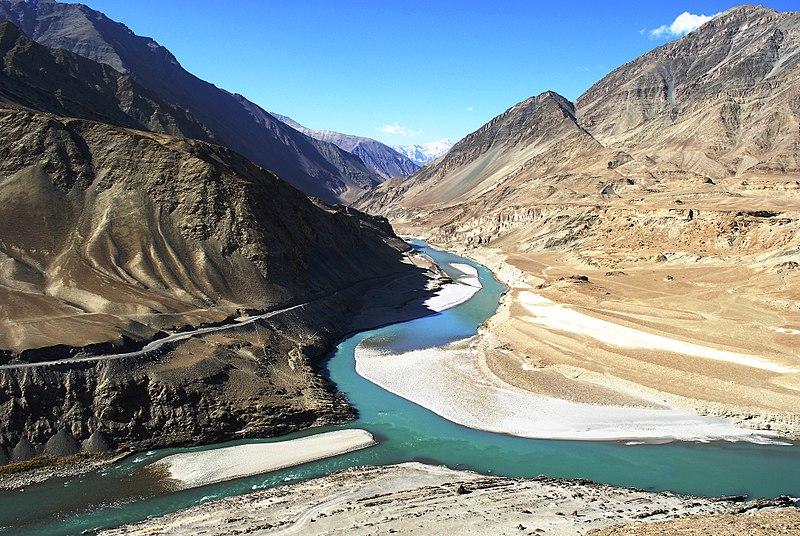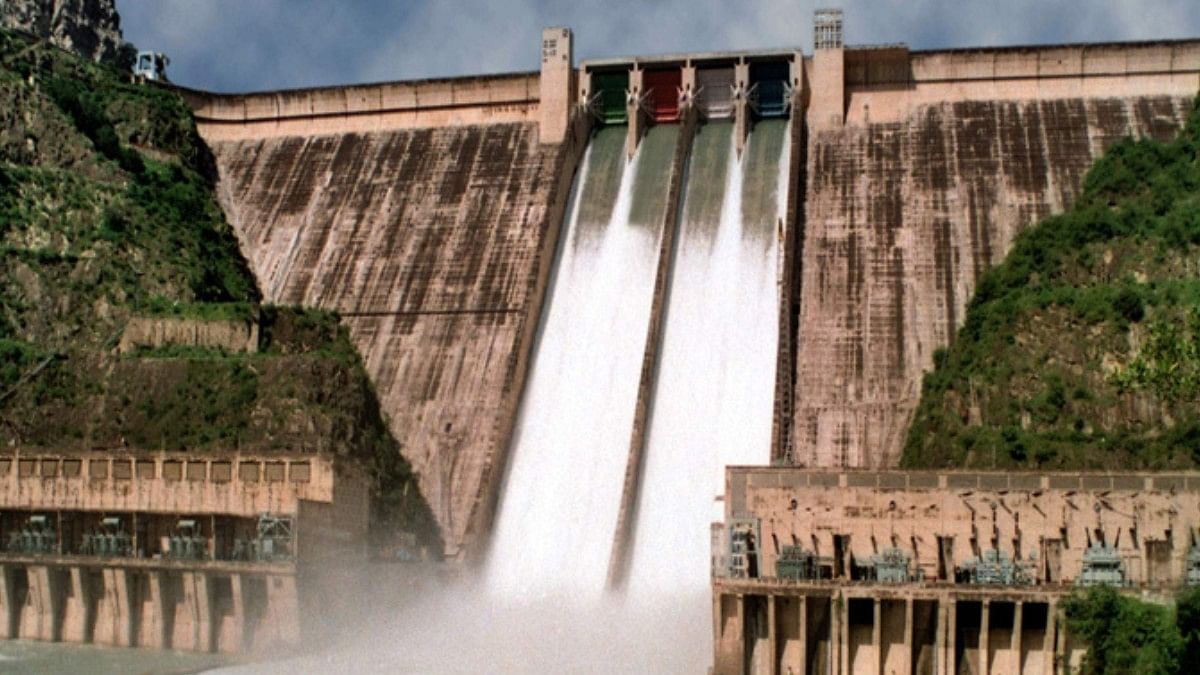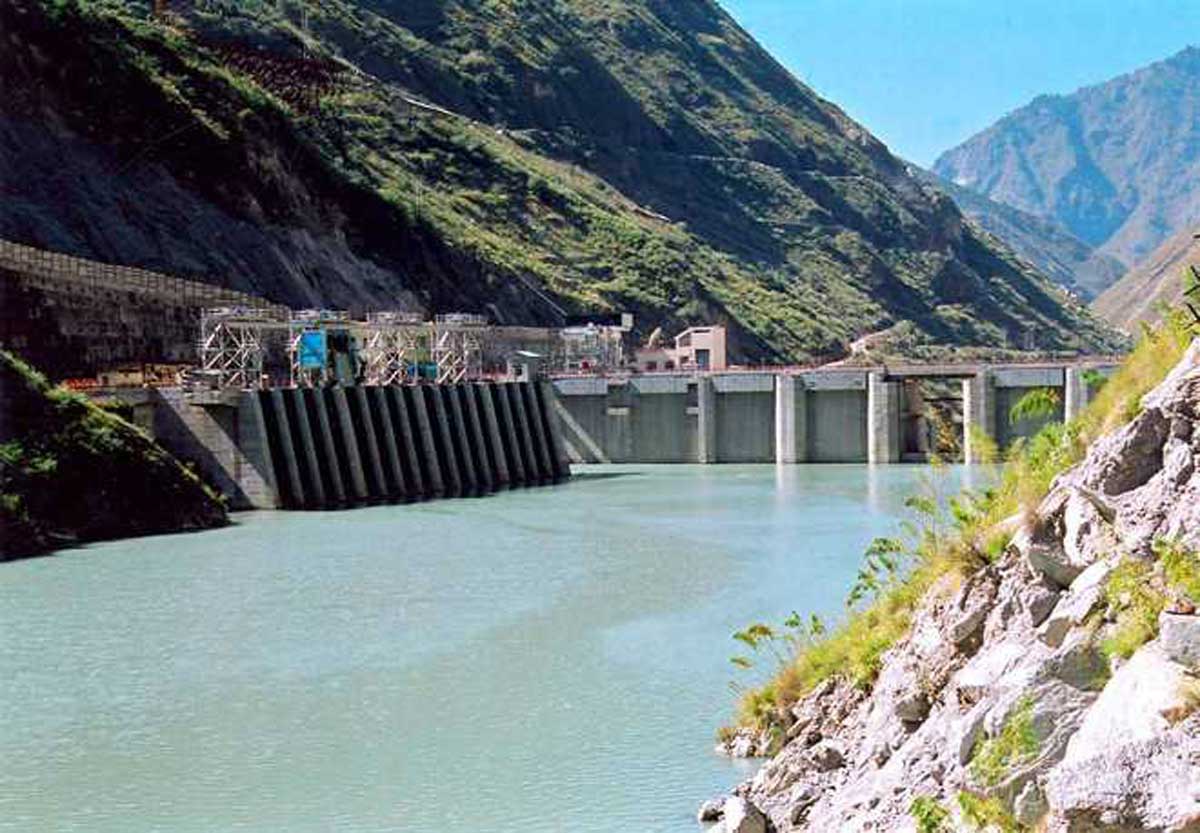Libraries and Legislatures Face Off Against Publishers on Ebook Access
by Nancy K. Herther
Posted On January 11, 2022
On Dec. 9, 2021, the Association of American Publishers (AAP), the national trade association for the U.S. publishing industry, “filed suit against the Maryland Attorney General seeking to enjoin and overturn an unconstitutional Maryland law that directly conflicts with the federal Copyright Act by forcing any publisher, domestic and foreign, to make their literary works available to Maryland public libraries in electronic book and audiobook formats according to timing, pricing, and other terms mandated by the state under threat of penalty.”
AAP asserts that the new law is “an impermissible and unconstitutional overreach into federal copyright law and an unjustified effort to divert copyright policy away from the U.S. Congress to state assemblies, at the expense of longstanding incentives and protections that are the foundation of our creative economy.”
In addition, AAP states that “some twenty-five years ago, the United States and hundreds of other countries addressed copyright interests arising in the context of the digital environment through a pair of binding instruments known as the WIPO Internet Treaties. These treaties, which the United States duly affirmed through a combination of existing law and the 1998 Digital Millennium Copyright Act, make clear that the copyright owner has the exclusive right to authorize the digital dissemination or transmission of a creative work, including in new and innovative formats and irrespective of whether the customer is in a bookstore, library, or the comfort of their own home.”
SUPPORT FOR LIBRARIES AND PUBLIC ACCESS
The Maryland law, according to AAP, gives “libraries unprecedented control over basic copyright transactions that are clearly reserved to those who write, develop, invest in, distribute, and make publicly available the invaluable array of novels, biographies, historical and political works, poetry, scholarship, and course materials that are the mission of publishing, and which together fuel entertainment, human empowerment, and scientific progress on a global basis. In seeking to regulate books, Maryland disregarded the testimony of publishers and authors, established law, and market facts.”
The negative reaction to the suit from library groups has been loud and clear. Library Futures has been in the forefront of opposition. This nonprofit, established to “empower libraries to fulfill their mission and provide non-discriminatory, open access to culture for the public good,” explains in an official statement that the law “represents the Maryland Library Association’s efforts to simply request equal access and pricing in digital content. Nevertheless, the AAP’s complaint calls Maryland’s law ‘radical.’”
Margaret Harding McGill writes for Axios, “Libraries say it is crucial for them to continue to service their communities, especially as digital access to books became even more important during the pandemic.” She notes that this comes as they “are successfully convincing state legislatures to help them win better terms for ebook licenses from Amazon and other publishers.”
AAP CLAIMS COPYRIGHT AND DUE PROCESS VIOLATIONS
On Dec. 16, 2021, AAP filed a motion that the court enact a preliminary injunction to block the Maryland law from going into effect on Jan. 1, 2022, claiming that the law would cause “irreparable” and “immediate” harm to the publishing industry if allowed to take effect. Federal judge Deborah L. Boardman set a remote hearing for Feb. 7, allowing the law to stand as of Jan. 1.
AAP contends that the Maryland legislation is “preempted by the United States Copyright Act, unconstitutionally interferes with interstate commerce, and violates the Constitution’s Due Process clause by mandating vague and unspecified licensing requirements.” Publishers Weekly reports that “AAP made public a letter (signed by a number of other copyright industry groups) to New York governor Kathy Hochul, urging her to veto New York’s version of the bill, which passed in June.” Hochul vetoed the bill on Dec. 29.
The Authors Guild has given strong support to AAP’s actions. Authors Guild CEO Mary Rasenberger says, “Alarmingly, several similar laws are currently pending in other state legislatures, suggesting that this is a concerted effort to roll back copyright protections that are integral to how publishing generates a return on investment and how authors earn income.”
COMPLEX ISSUES
“The law for eBooks is different from that which applies to printed books,” Kevin L. Smith, dean of libraries at the University of Kansas and director of the university press, notes via the LIBLICENSE group email list. Smith says this is “because the courts have determined that the ‘doctrine of first sale’ does not apply to digital objects. First sale, which says that the exclusive right to control distribution of a work ends after the first lawful sale, is what allows libraries to lend books, DVDs, etc. Libraries can simply buy a copy of an analog work on the consumer market and begin loaning it.”
First sale also applies to secondhand bookstores, used textbook sales, and video rentals, Smith says, “but the courts have held that, because every transfer of a digital file creates a ‘new’ copy, first sale does not apply. That means, in this context, that libraries cannot simply purchase an eBook on the consumer market and put it into library circulation. Instead, libraries are dependent on specific licenses with publishers and vendors. Thus, when major publishers simply refuse to licenses to libraries, people who depend on libraries for their information needs simply have no access. That is the fundamental problem the Maryland law is trying to address.”
The root for such legislation is the 2019 decision by Macmillan Publishers that it would allow libraries to only be able to purchase a single copy of each new ebook during the first 8 weeks of that book’s release. Libraries fought this decision by coordinated efforts to garner political and popular support. The Minuteman Library Network explained the situation: “Your ability to use your library’s eResources is under direct attack by these embargoes, and we cannot let this become a trend. Only a public outcry will prevent it.”
Macmillan abandoned its policy at the beginning of the pandemic in 2020, with then CEO John Sargent noting, “There are times in life when differences should be put aside. … Macmillan will return to the library e-book pricing model that was in effect on October 31st, 2019. In addition, we will be lowering some e-book prices on a short term basis to help expand libraries collections in these difficult times.”
INTERNET ARCHIVE CALLS THE LAW ‘MODEST’
Calling the Maryland law “modest,” the Internet Archive gave it strong support: “Some publishers have not treated libraries reasonably in the past. Instead, they have arbitrarily raised prices, imposed draconian limits on how libraries can use digital materials, and in some cases, refused to license digital materials to libraries at all. Under these conditions, libraries have had difficulty providing access to essential resources and services for their communities at a time when they are most in need. … It is beyond disheartening that the AAP has chosen to go on this attack on libraries during a global pandemic, when schools, teachers, and students are most in need of digital resources. We urge the court to stand with libraries and dismiss the AAP’s lawsuit against the State of Maryland.”
AAP is determined to fight this out in the legal system. One reason for the suit is the growing interest in guaranteeing better access to ebooks everywhere. As The Bookseller reports, Rhode Island and other states are in the process of developing their own copycat legislation. The potential lawsuits these will bring—which are bound to be settled in federal courts after continuing state-by-state litigation—will provide yet another challenge for American libraries.[Readmore]




